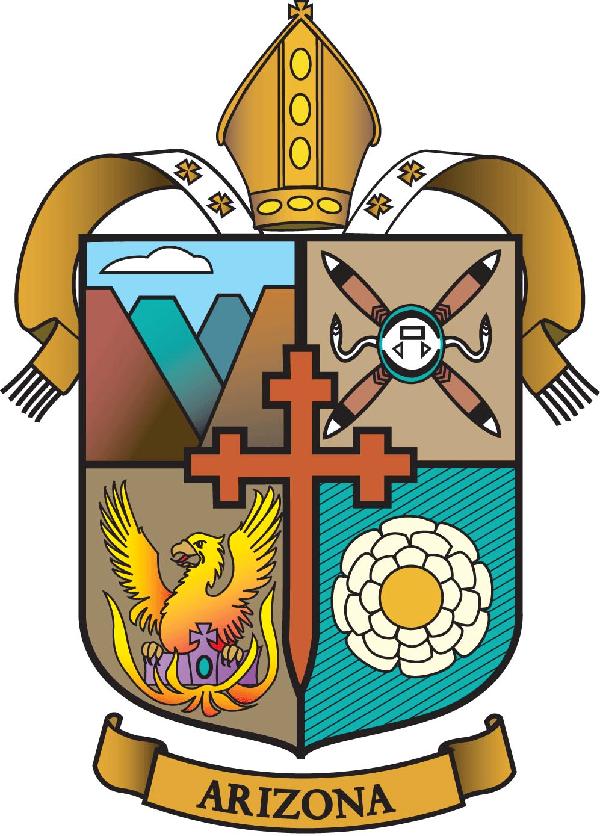
Dear
People of God in the Diocese of Arizona,
Some of my episcopal colleagues have written letters to their dioceses suspending the reception of the cup from clergy and laity. They write in good faith, to those in their own dioceses, and I respect and honor them and their decisions.
My understanding of both the rubrics and doctrine of the Episcopal Church (specifically page 365 of the Book of Common Prayer and Article XXX of the Articles of Religion) prohibit me from taking such a step. The practice of withholding the cup from the laity was a crucial issue in the Reformation, and it is not exaggerating to say that many people died for us to have the privilege of sharing in both Christ's body and Christ's blood at the Eucharist.
However, that does not mean that every person MUST partake of Communion in both kinds, nor that every person SHOULD. When one receives Communion in one kind (either bread or wine) one is deemed to have fully participated in the sacrament. This is practiced all the time by many in recovery, and by many in the last days of their life when eating a wafer may be impossible but a single drop of wine can be reverently consumed.
In light of this, I wish to offer some guidance to clergy and congregations within the Diocese of Arizona about practices around Communion at this time-recognizing that as COVID-19 progresses in our nation and state, there may be additional steps necessary.
- Clergy shall offer Communion in both kinds to the laity.
- Those who wish to drink from our common cup at communion may do so.
- I encourage all those who are concerned about infection, and do not wish to receive the wine, to first receive the bread, and then stand with arms crossed as the chalice comes by, at which point the Chalice-bearer shall hold the chalice in front of you and say "The blood of Christ, the cup of Salvation" before moving to the next person.
- I strongly discourage the practice of intinction.
- I encourage all Eucharistic ministers to use hand sanitizer and/or wash their hands with soap after the Peace and before distributing communion.
- At the Peace, I encourage congregants to greet one another with a bow, a wave, or some other alternative to shaking hands.
There are many precautions recommended by the
CDC
, Episcopal Relief & Development, and other trusted agencies to prevent the spread not just of COVID-19 but seasonal flu and many other illnesses. These practices, which I encourage everyone in our congregations to do, include:
- Frequently washing your hands with soap for at least 20 seconds;
- Staying home if you are ill;
- Avoiding shaking hands and touching your face;
- And particularly for those who are at risk due to age or frailty, avoiding close contact with other people.
Finally, I close with a message for our clergy: we love our congregations and we often sacrifice our own health in service to God and the church. This is not a time to do so. I cannot think of a worse situation in the present moment than having a clergy person come to church on Sunday when they are feeling ill, and having the clergy person be the vector through which disease spreads. If you feel ill on Sunday morning, stay home. If there are no other clergy in your congregation, contact your Wardens -- Morning Prayer is always an option. If you have some warning, contact the Diocesan Office, and we will do our best to find you a supply priest.
If you are a non-parochial priest who would be willing to be available for a congregation in need, please
contact Dawn Jackson at our office at [email protected].
Faithfully,
+Jennifer
Bishop Jennifer A. Reddall
|